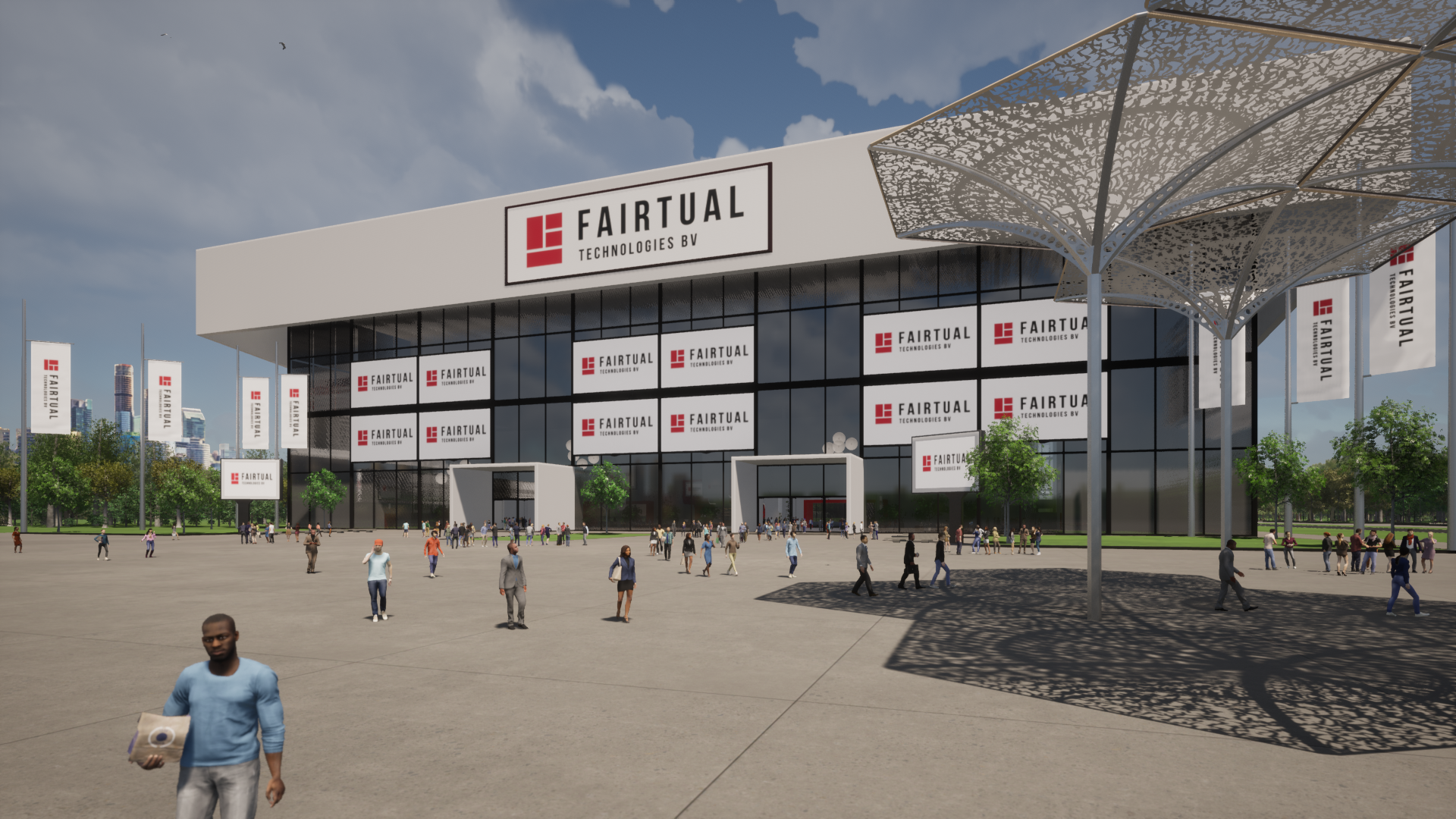Few sectors have taken such a beating in recent months as the trade fair and events sector. That this high need also creates opportunities is proven by a number of particularly successful virtual fairs organised by the young startup Fairtual Technologies.
These are uncertain times for trade fair organisations. The ever-changing circumstances prevent them from making concrete plans. And even when they do, those plans often fall through the cracks. Even the Motor Show could not escape it. Out of necessity, they too had to move their fair to 2022. An unfortunate consequence of the rising corona figures. But could this have been anticipated?
“We have noticed that event and exhibition organisers have been looking for innovation for some time. This corona crisis has only accelerated that process. Attracting visitors physically to a fair has become more difficult anyway. The online story that we offer therefore creates additional opportunities for organisers. According to Michèle Roggemans, COO of Fairtual Technologies.
Organisations such as Fermette Food Group, Copaconnect, Shop-IT, ITS, Salon du Mariage and many others decided to take this approach. Unlike traditional organisations, they saw an opportunity for growth. By using new technologies such as those of Fairtual Technologies, they were therefore able not only to save their stock market, but even to improve it.
A good example of this is Conway. With the help of Fairtual Technologies, this leading company organised a complete virtual event in August with 200 exhibitors, which lasted for 26 days. The result? 64% more visitors than usual, lower costs for both them and the exhibitors, and sales figures that exceeded expectations by 28%. Thanks to this success, Lekkerland DE and NL also decided to organise a virtual fair.
This is not surprising. With customised, personalised stands, a built-in ordering module and a clear trade fair plan, the experience of a physical trade fair is easily replicated in 3D. This way, visitors can have an authentic experience from the comfort and safety of their own homes. The fact that a virtual exchange is available 24/7 also plays a role, of course.
“Moreover, a virtual fair does not have to be separate from a physical fair; this can perfectly become a and-and story,” Michèle continues. “Physical contact with customers or visitors will always play an important role. People like to hold things or feel that they are being helped personally. On the other hand, visitors want more freedom and do not want to depend on opening hours and exhibition locations. We have become accustomed to ordering and organising everything from our homes, so why not extend this to a visit to a trade fair?” Translated with www.DeepL.com/Translator (free version)
Virtual stock exchanges may never completely replace physical exchanges, but ignoring them will certainly not slow down the downward trend. Embracing the 21st century and opting for a hybrid approach may well be the way for trade fair organisations to overcome the crisis.
